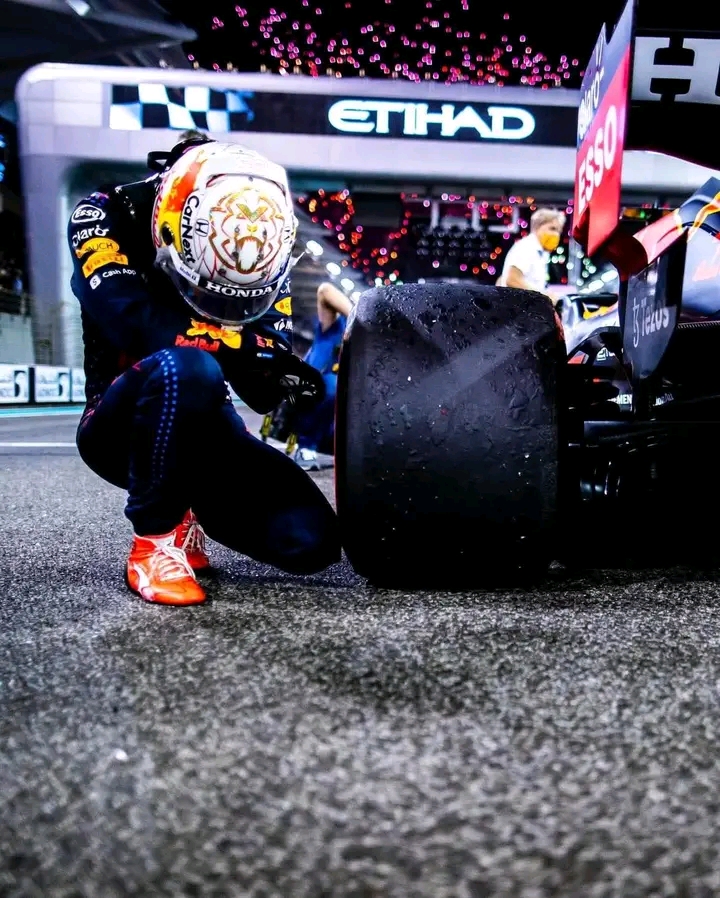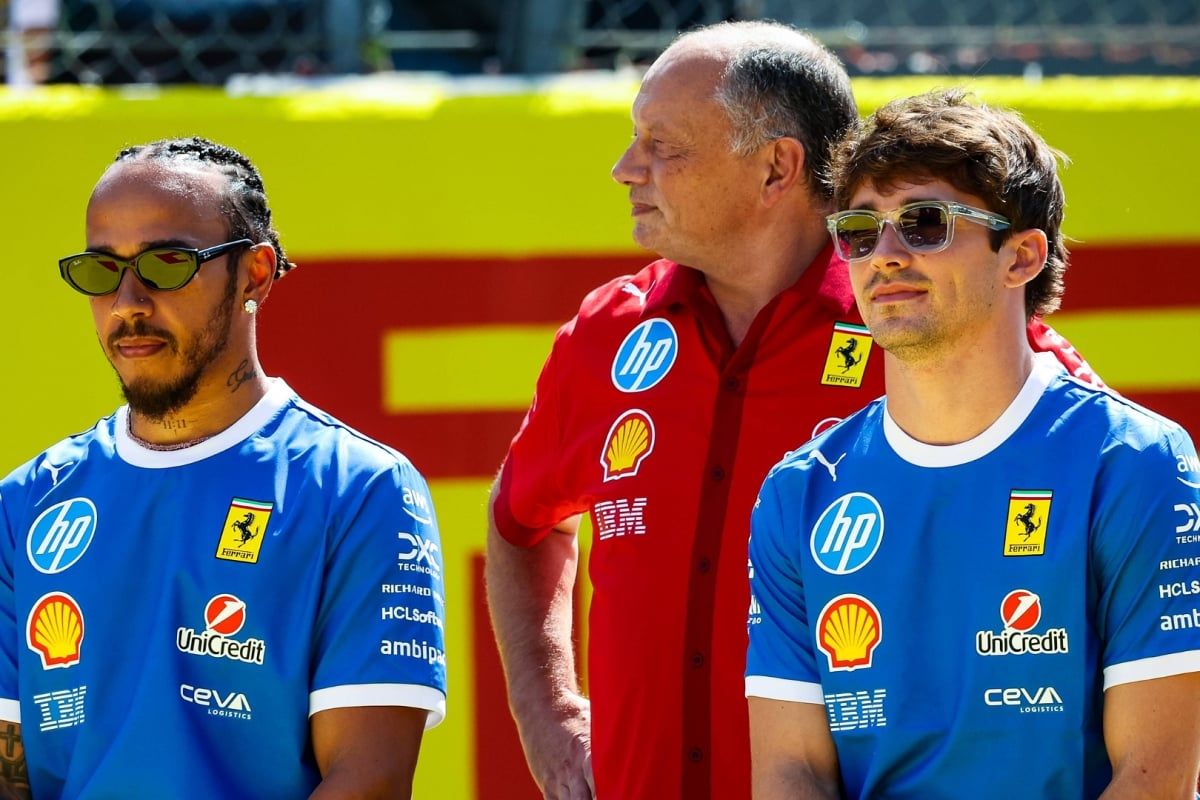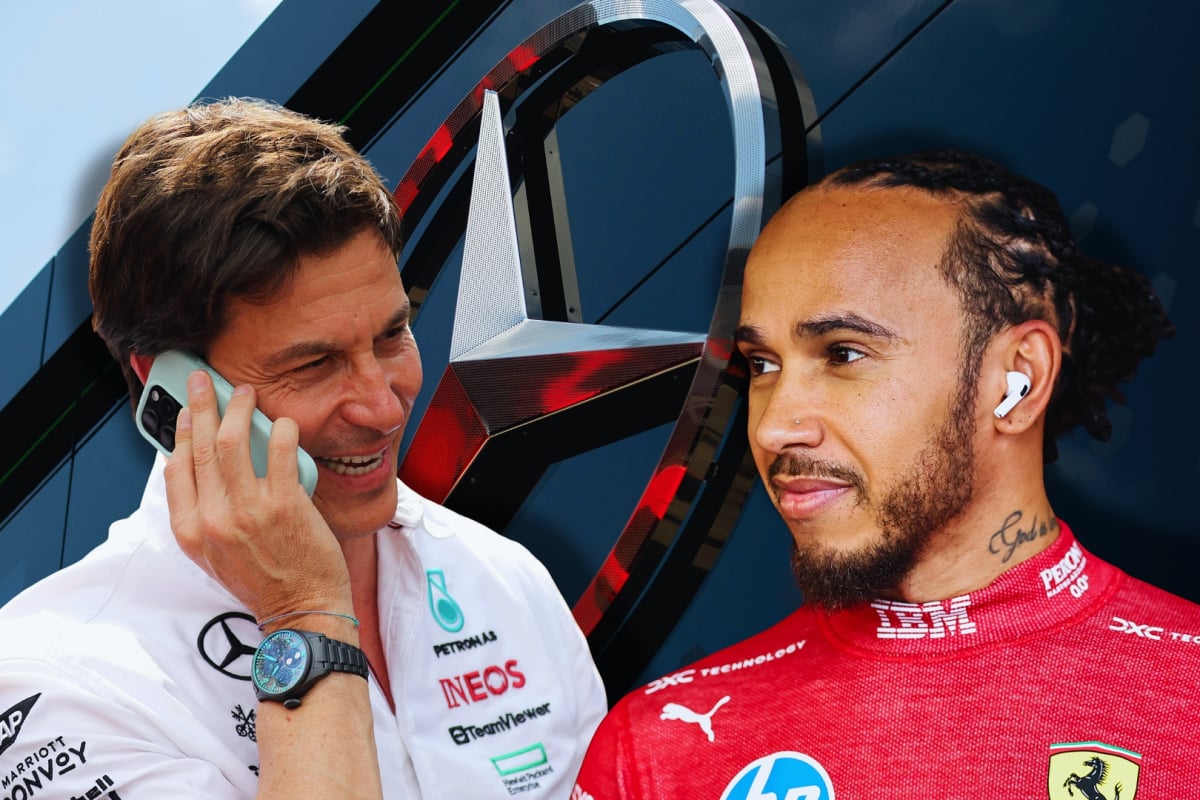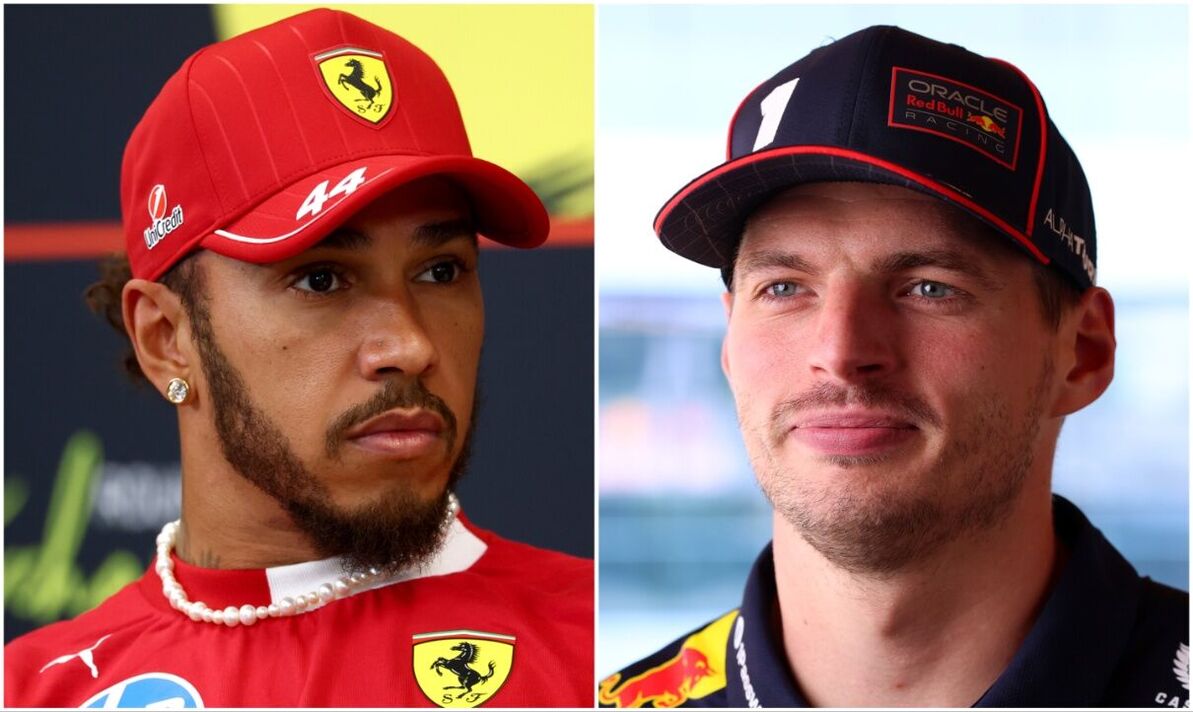Verstappen Hits Century Mark: 100 Grand Prix Leads for the F…READ MORE
Max Verstappen, the reigning Formula 1 World Champion, has reached a monumental milestone, leading 100 Grands Prix throughout his illustrious career. This achievement, reached at the tender age of 27, cements his position as one of the sport’s all-time greats and further fuels speculation about the extent of his future dominance.**
The news sent ripples of excitement through the Formula 1 world, solidifying Verstappen’s status as a modern legend. His relentless pursuit of victory, coupled with his exceptional driving skills and unwavering determination, has enabled him to achieve this unprecedented feat. Leading a Grand Prix is not just about speed; it demands impeccable racecraft, strategic awareness, and the ability to manage tires, fuel, and rivals with pinpoint precision. Verstappen consistently demonstrates mastery in all these areas.
His journey to this landmark accomplishment reflects a meteoric rise in the sport. Debuting in 2015 with Scuderia Toro Rosso (now AlphaTauri), a young and relatively inexperienced Verstappen quickly showcased his immense talent, becoming the youngest driver to ever score a point in F1, and subsequently the youngest ever Grand Prix winner. This early success foreshadowed the brilliance to come. His subsequent move to Red Bull Racing further accelerated his trajectory, providing him with the machinery to consistently compete for and ultimately secure race wins.
The significance of leading 100 Grands Prix is multifaceted. It’s a testament not only to individual brilliance but also to the strategic prowess of his team, Red Bull Racing. The car’s performance has undeniably played a crucial role, providing Verstappen with the tools to dominate. However, it’s the driver’s ability to extract maximum performance from the machine, consistently outmaneuvering rivals, and maintaining composure under immense pressure that truly distinguishes him.
The sheer number of races led underscores his incredible consistency. It’s not simply about sporadic victories; it’s about establishing a sustained dominance, often controlling the pace of a race from the very beginning and building an insurmountable lead. This control is a powerful indicator of a driver’s ability to anticipate and react to changing race dynamics. He doesn’t just win races; he dictates their outcome.
Verstappen’s achievement resonates even more deeply when considering his relatively young age. Many of Formula 1’s all-time greats accumulated their accolades over longer careers. Verstappen’s rapid ascent, achieving this milestone in such a short timeframe, suggests an even more impressive trajectory lies ahead. He has already surpassed many seasoned veterans and is well on his way to challenging and potentially surpassing some of the most iconic names in the sport’s history. Lewis Hamilton, widely considered one of the greatest, holds the record for most Grand Prix wins. While the number of races led differs from the number of race wins, the sheer volume of races led by Verstappen at this stage in his career is already significant.
This milestone is not just a statistical achievement; it’s a powerful symbol of his unwavering dedication, his fierce competitiveness, and his extraordinary talent. The question now is not *if* he will achieve further milestones but *how many* and *how quickly*. As a four-time World Champion, he is already firmly etched in Formula 1 history. This latest achievement, however, serves as a powerful reminder of his relentless ambition and the incredible heights he may yet reach. The future of Formula 1, and Verstappen’s place within it, remains a compelling story yet to be fully written.




